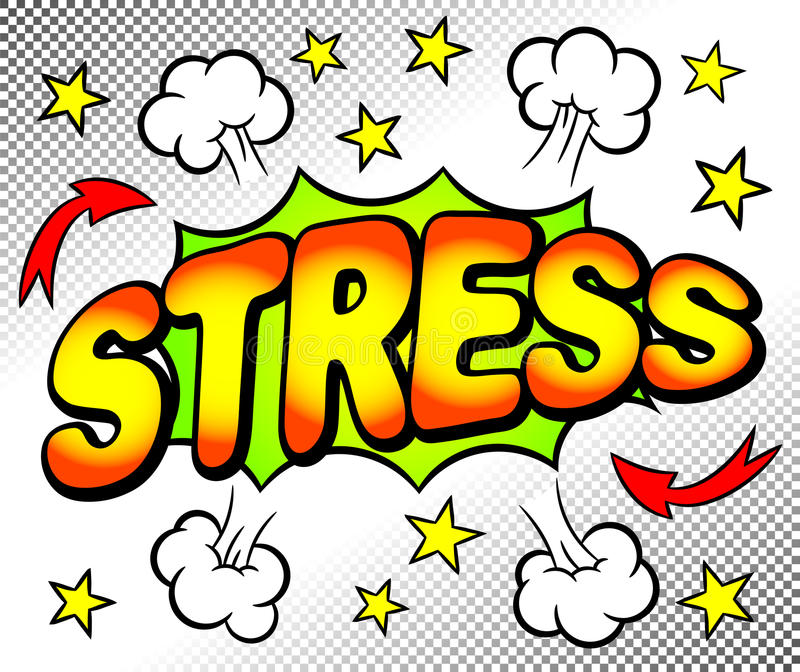Common Effects of Stress!
Category: Healthy lifestyle

The human body is intended to experience stress and react to it. Stress can be positive (“eustress”) — such as getting a new job promotion or being given greater responsibilities
— keeping us alert and ready to stay away from danger.
Stress becomes negative (“distress”) when a person faces uninterrupted challenges without relief or relaxation between challenges. As a result, the person becomes overworked and stress-related tension builds.
Distress can lead to physical symptoms including headaches, upset stomach, elevated blood pressure, chest pain, and problems sleeping. Research suggests that stress also can bring on or worsen certain symptoms or diseases.
Here are all common effects on stress:
Common effects of stress on your body
•Headache
•Muscle tension or pain
•Chest pain
•Fatigue
•Stomach upset
•Sleep problems
Common effects of stress on your mood
•Anxiety
•Restlessness
•Lack of motivation or focus
•Feeling overwhelmed
•Irritability or anger
•Sadness or depression
Common effects of stress on your behavior
•Overeating or undereating
•Angry outbursts
•Drug or alcohol abuse
•Tobacco use
•Social withdrawal
•Exercising less often
Let’s take the time to relax and have fun meet with family and friends. In addition, find activities such as swimming and any other sports that you enjoy. Be aware of the stress that you are experiencing so you can change some behaviors and reduce your stress level.
What you can do as well, is meditation, yoga, taichi, and see a professional if you need more help. This is what I do myself and I wish I did not wait until I reached the wall, It is unnecessary to wait until you reach the wall. Do what you like and enjoy doing it alone or with friends.
Have a wonderful week,
Please, leave a comment & share.
Gaétane
www.gaetaneferland.com



Facebook Comments